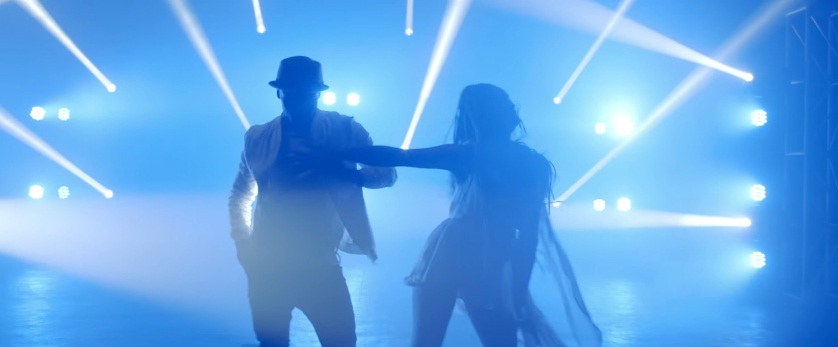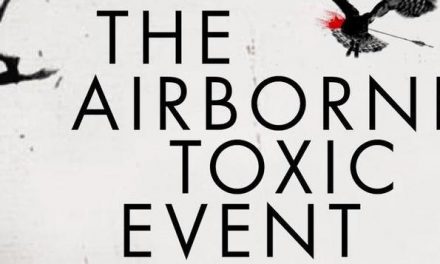Recently I was looking at some modern music that has taken heavy criticism for its anti-women themes and I wanted to explore the idea of whether or not the works would still function if the genders were reversed – what if women wrote sang Robin Thicke’s “Blurred Lines” and Eminem’s “Superman”? The former includes the very controversial line “I know you want it” and the music video has several topless models parading around, lavishing attention on the male singers. The latter explores a celebrity’s callous and dismissive, eventually hostile, attitude toward a female fan.
Starting off, it would be difficult to not recognize the controversy surrounding “Blurred Lines.” Robin Thicke proclaims that it’s pro-female empowerment, but both a cursory and a deep read of the lyrics, let alone the aforementioned video, speak volumes to the contrary. The song sounds like one long, derogatory pick-up line decrying that the subject’s current man isn’t rough enough with her, suggesting that the singer knows she wants him to take her. There was a very tongue-in-cheek rendition performed by Jessica Cook and Katherine Hughes (NSFW lyrics), parodying not only the song but also its video, but it really didn’t read to me as truly taking the song “back” or promoting women.
While they seemed to enjoy making their rendition, the song’s message really didn’t change in a meaningful or impactful way. In my (white male) perspective, it isn’t enough just to switch out gender pronouns in order to make a point, because there isn’t enough of an actual role reversal in its message. It seems to me that for a cover to actually push back against the misogyny of the original the lyrics would have to change significantly enough to imply a new power dynamic.
Eminem has received a lot of criticism for his anti-gay, anti-women statements and songs, and it was actually listening to “Superman” that made me think of this topic, of turning the tables on these two songs. “Superman” seems to cover Eminem’s distaste for female hangers-on who are only after his money or hold high-and-mighty expectations of him in a relationship. He talks about not being an idol and how women are easy come, easy go. Entertainment Weekly wrote that in this song Eminem “depicts himself as both sexual predator and commitment-phobic single guy.”
Contrary to “Blurred Lines,” I think it’s actually easier to take this song and turn it around, because of the power disparity addressed by the lyrics. It’s talking about a notable superstar and people either idolizing them or attracted to the idea of them rather than the actual person. A female singer addressing potential male fans or hangers-on would have enough of a power differential that I think the lyrics, even only slightly changed, could be put to a different spin, though in the grand scheme of things neither version is particularly positive.
The topic of misogyny in music is a very large one, started before I was born and likely continuing after I’m gone. I’m not suggesting any particular answers to the problem or the current reality of the industry, but I would be genuinely interested in seeing what can be done to twist current chart-toppers and give them a more female perspective.
As weird as it may be to say, I’d like to think there are controversies with female artists and their lyrics being dismissive or antagonistic toward men, but I can’t think of any off the top of my head, and I think those songs would be less marketable in today’s world; if for no other reason than most music industry executives, producers, and distributors are owned or represented by men who wouldn’t want to promote “that kind” of material or message.



![[HRM] Dead Poets Society](https://poeticsonline.net/wp-content/uploads/2018/10/img_6207-440x264.jpg)











